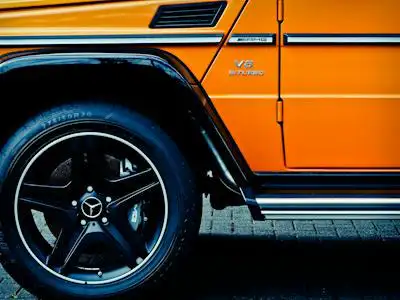Not all cars are created equal, and neither are their trade-in values. Age, mileage, condition, and even the current market demand for your car's make and model will influence what you can expect.
ileage Matters: Generally, cars with lower mileage fetch higher prices. Aim for sub-100,000 miles for optimal value.
LC Pays Off: A well-maintained car with a clean history report stands out from the pack. Regular servicing, a blemish-free paint job, and a tidy interior can boost your trade-in value.
opular Picks Thrive: SUVs and trucks currently reign supreme in the market, so trading in a sedan for an SUV might be particularly advantageous. Research your car's specific model and trim level to get a realistic idea of its trade-in potential.
Know Your Numbers:
Don't walk into a dealership blindfolded. Arm yourself with knowledge before the negotiation dance begins.
nline Valuation Tools: Websites like Kelley Blue Book and Edmunds provide free estimates based on your car's details. Remember, these are just starting points, and the actual offer might be lower.
ecent Sales Comps: Scour online classifieds and auction listings to see what similar cars have sold for recently. This can give you a more grounded sense of your car's market value.
ealer Quotes: Get quotes from multiple dealerships to compare offers and identify the one that values your car the most.
Negotiation Ninjas:
Trading in a car is part business, part savvy haggling. Hone your negotiation skills for a win-win outcome.
eparate the Deal: Don't let the dealership bundle the trade-in value with the new car purchase. Negotiate each aspect separately to ensure you're getting the best deal on both fronts.
ounter Offers Welcome: Don't be afraid to counter the dealer's initial offer. Back up your counter with your research and be prepared to walk away if the offer isn't satisfactory.
onsider All Options: Explore alternative trade-in avenues like online car buying platforms or private sales. While dealerships offer convenience, you might get a higher price elsewhere.
Beyond the Basics:
Trading in a car can be a complex process, so here are some additional factors to consider:
oan Situation: If you still owe money on your current car, the trade-in value will go towards paying off the remaining balance. Make sure you understand the payoff amount and factor it into your budget.
axes and Fees: Trading in can sometimes reduce your sales tax burden, as the tax is calculated on the difference between the new car's price and the trade-in value. Check your state's regulations for specifics.
aperwork Preparedness: Gather all necessary documents like your car's title, registration, and loan payoff information to expedite the trade-in process.
Trading in for an SUV can be a smart financial move if you do your research, negotiate effectively, and consider all the variables. Remember, knowledge is power in the car-buying arena. So, arm yourself with information, channel your inner negotiator, and hit the road towards your dream SUV with confidence!
Bonus Tip: If you're looking for a fuel-efficient option, consider hybrid or electric SUVs. While the initial price might be higher, you'll save money on gas in the long run, and many government incentives can further offset the cost.

